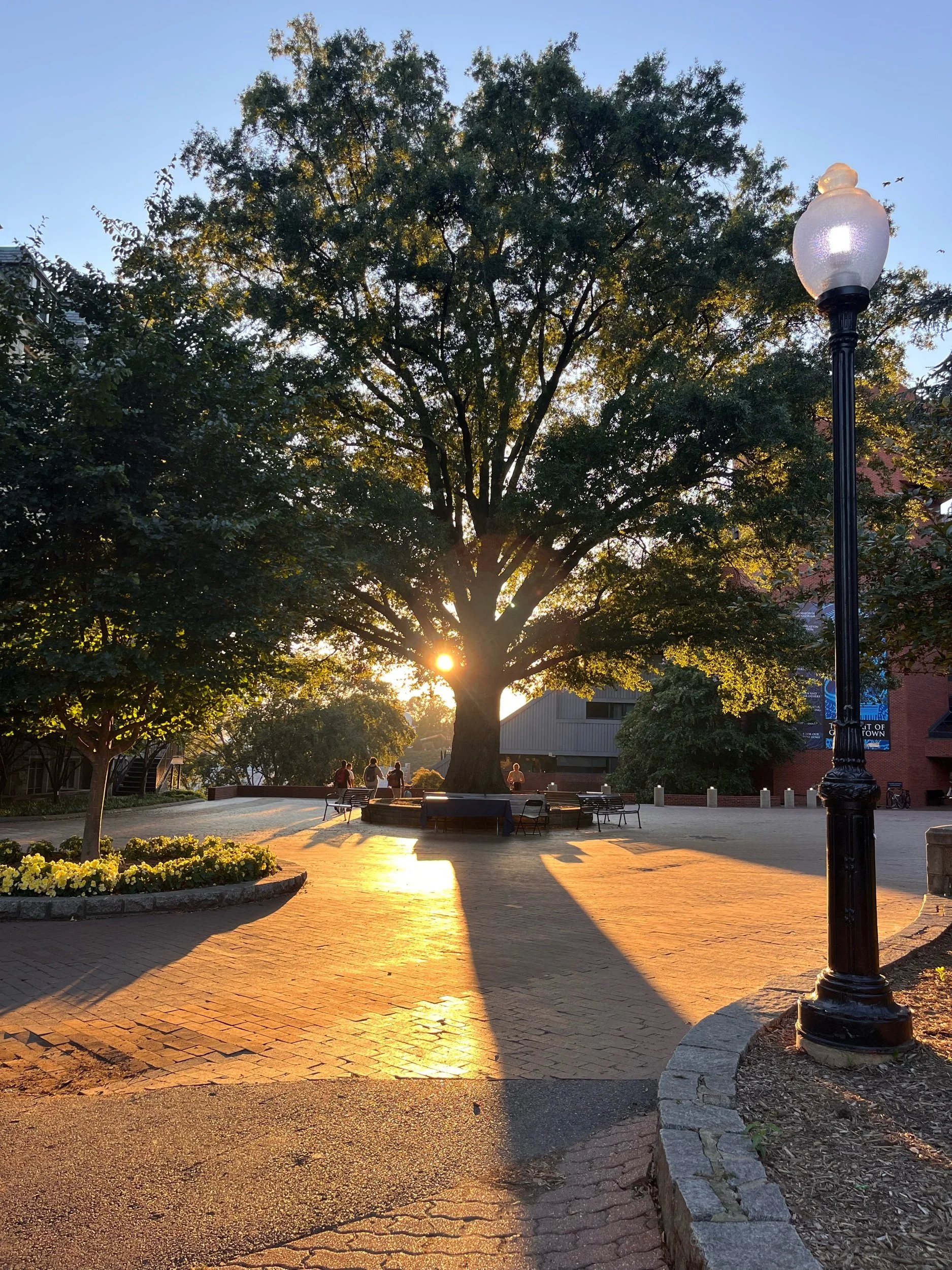Developmental disability community ‘tentatively exuberant’ at restored funding
by Danielle J. Brown, Maryland Matters
March 24, 2025
Weeks of persistent lobbying, heart-wrenching public testimony and rallies that brought hundreds to the State House apparently paid off, with legislative leaders signaling an agreement last week to restore hundreds of millions of proposed cuts to the Developmental Disabilities Administration.
That promise was confirmed within the hour Thursday, when the House Appropriations Committee voted to restore $300 million of the $457 million in fiscal 2026 cuts that had been proposed for the DDA in the governor’s original budget.
It also came weeks after the governor released a supplemental budget for fiscal 2025 that restored much of the $200 million in cuts that had been contemplated for the current year.
While there will still be funding cuts in fiscal 2025 and 2026, advocates are breathing a sigh of relief, believing the current cuts will be much more manageable.
“We’re in such a better position now,” Ande Kolp, executive director for The Arc Maryland, said Friday. “These cuts are painful – but oh my gosh, they were going to be catastrophic.”
She said advocates are “tentatively exuberant” following events Thursday.
Budget agreement could generate more than $1 billion in new revenue
In a midday news conference, Gov. Wes Moore (D) joined House and Senate leaders to announce that they had agreed to a broad “framework” for ongoing budget negations, which included restoring some funding to the DDA for fiscal 2026.
That was followed by an Appropriations Committee voting session, when members approved a series of adjustments to the fiscal 2026 budget. Those included reining in reductions to spending for programs and wage bonuses that the administration had planned to eliminate entirely.
Thursday “was such a big day for our community. It represented an unprecedented cooperation and collaboration between everybody,” Kolp said. “It’s kind of a weird feeling because we’re so grateful … for all of the work that went into this.”
Moore’s original budget, released in January, would have eliminated a handful wage rate bonuses available for certain providers of developmental disabilities services, while also slashing some support funding. State health officials argued that those cuts were necessary to offset “unsustainable” growth and spending at the agency, all while juggling $3 billion shortfall in the budget this year.
But the developmental disabilities community quickly spoke up, saying that the reduced funding would cut into the wages of support staff and reduce access to additional resources that help families support their loved ones. They worried that employees would be asked to do the same work for less pay, leading to an exodus of support staff.
The Moore administration had already backed away from most of the 2025 cuts earlier this month and said it was willing to discuss changes to the 2026 budget.
Appropriation’s actions did not fully restore all the cuts in Moore’s budget, but softened the blow of many.
The cuts still slated for the DDA include a reduction in the “geographic differential” rate, which provides higher pay for providers in central Maryland, among other reductions related to wage bonuses. The committee also reduced funding for the Low-Intensity Support Services (LISS), now the current $5.5 million to $2 million, among other funding reductions. Moore’s budget would have eliminate both funds entirely.
The new cuts are much more survivable, according to Laura Howell, CEO with Maryland Association of Community Services.
“We never want to see a cut in funding, but we were able to work with the leaders of the House and the Senate and the administration to develop alternative cost-containment measures that will still allow services by community providers to be sustainable for the next few years,” Howell said.
“It’s been a very long time since we’ve seen this kind of financial crisis in our state, and everybody had to pitch in and try to contribute to the economic struggles of the state, and so that’s what we did,” she said. “We worked with our stakeholders to try to figure out what could we survive.”
Thursday’s budget changes by the Appropriation Committee are the first step in compressed budget negotiations ahead of the last day of the legislative session, just two weeks away. The full House is expected to pass the budget this week, followed by the Senate, before the two chamber sit down to iron out differences between their respective versions.
Kolp hopes that advocates are able to maintain the current progress in the waning days of session.
“We’re not expecting to see big differences between the Senate and the House, but we’re going to sit on pins and needles until the end — because you never know what’s going to happen,” Kolp said.
Maryland Matters is part of States Newsroom, a nonprofit news network supported by grants and a coalition of donors as a 501c(3) public charity. Maryland Matters maintains editorial independence. Contact Editor Steve Crane for questions: editor@marylandmatters.org.
Visit Maryland Matters directly at https://www.marylandmatters.org






















